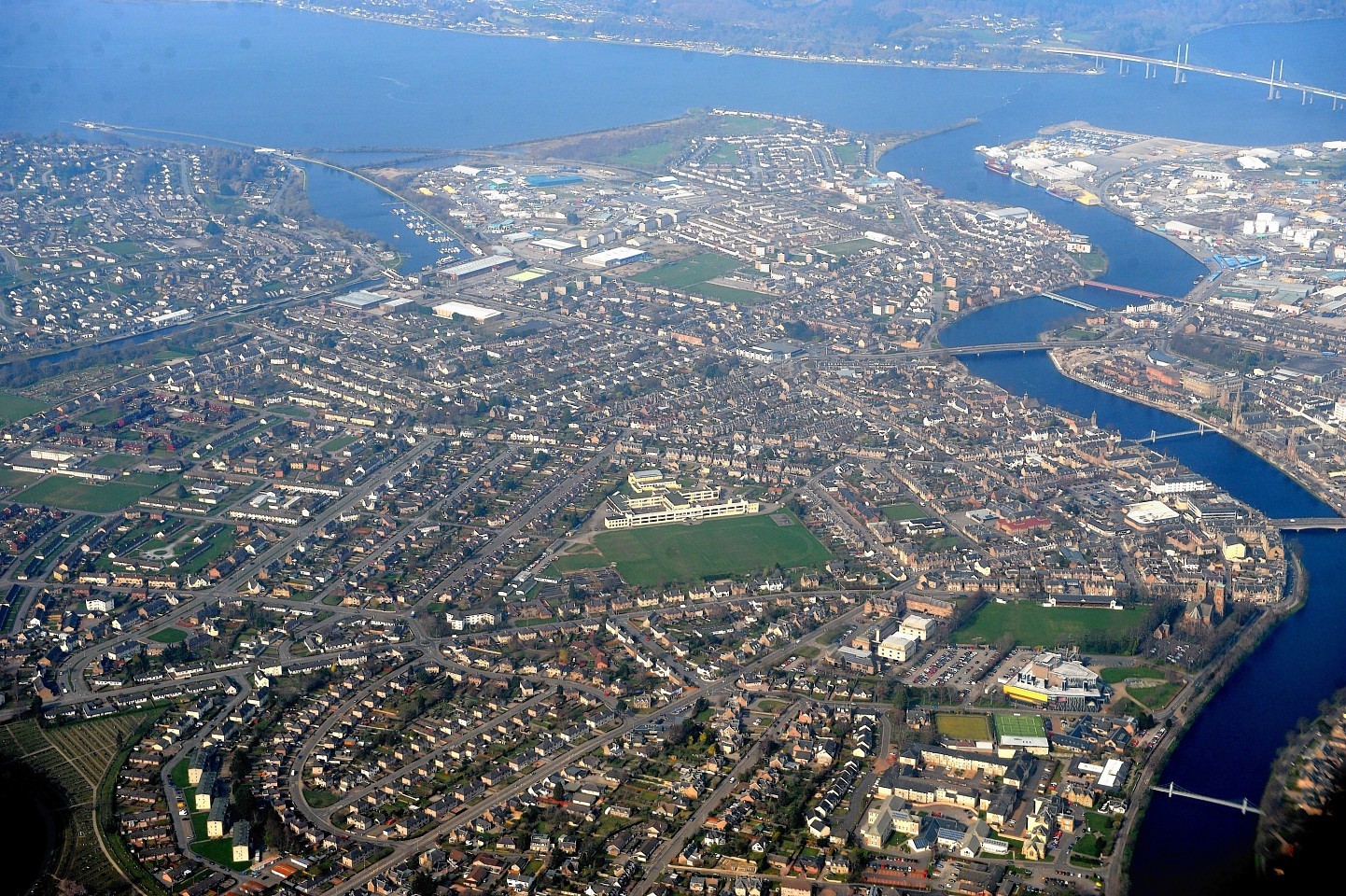It will come as no surprise to those living in the north but the happiest people in Scotland can be found in the Highlands.
Go 100 miles down the road however, and you will find a different tale.
For those in Grampian – or should that be Grumpian? – are the unhappiest in the land, with Aberdonians languishing last in a new survey by Bank of Scotland.
The bank has produced its own Happiness Index after asking people across the country how contented they are in their communities.
According to the results, the cheeriest souls in Scotland are women aged over 65, who live in the Highlands.
The region’s beautiful scenery and the balance of rural and city life are just two of the reasons suggested for this apparent contentment.
Two-fifths of respondents said they were “very happy” with life in the north.
A third of Dundonians said the same and came second in the poll.
Aberdeen emerged as the least happy region, with the citizens of Fife and Central Scotland only marginally more content.
There is perhaps some hope for residents in the north-east though, since the older people were, the more likely they were to be happy.
Scots aged 18-24 are the most miserable group, while the over 65s are the happiest, with retirement to a likeable area the probable cause.
The survey also found the old adage that “money doesn’t buy you happiness” is probably untrue.
Those with a personal income of more than £60,000 were top of the index, while people with less cash to flash were further down the scale.
Robin Bulloch, managing director at Bank of Scotland Community Bank said: “It’s fair to say that as a nation, Scots are a happy lot with a happiness score of +39.02.
“However, the happiest people in Scotland are women aged 65 or over who live in the Highlands – understandable when you are enjoying retirement in such a beautiful part of Scotland.
“While the Happiness Index has highlighted some fairly obvious points – like the more money people have, the happier they tend to be – it has also raised some intriguing questions about why the happiness score dips for the 35-44 age group and why women, in general, are happier than men. “
